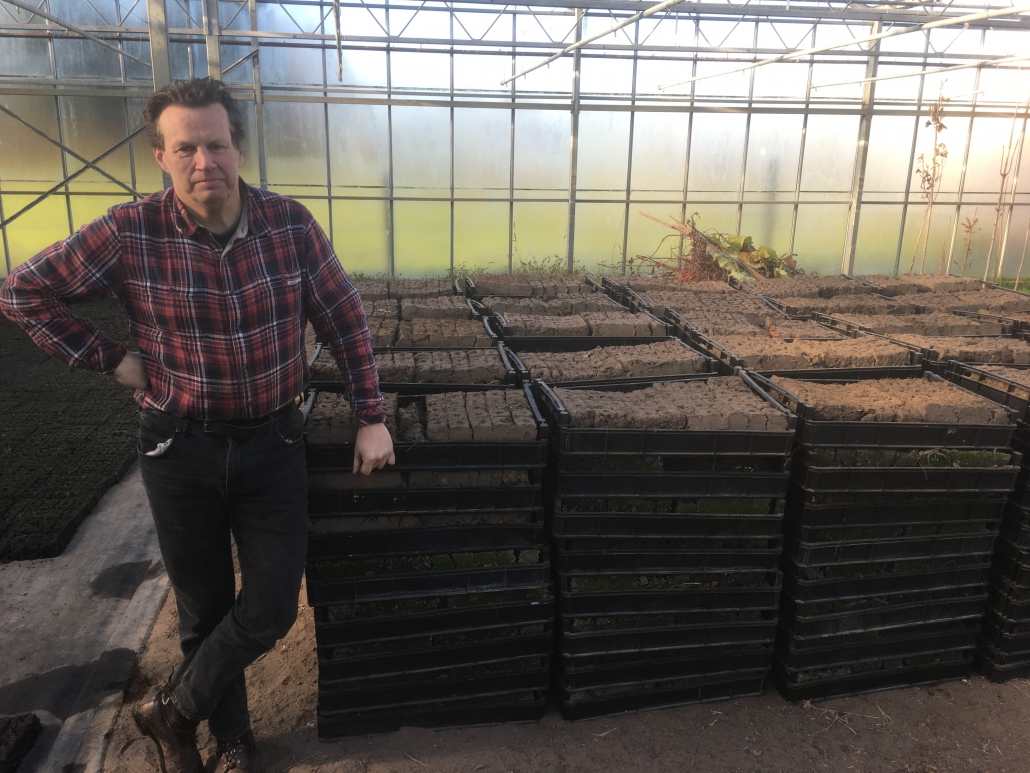
Tom Bade’s visit to Greece has resulted in us starting research into the useful application of Brickz of the pulp from olive oil production. That will not be an easy task, not even so much in terms of the possibility to first break down the phenols contained in the pulp, but rather to make it an economically viable business case on an island like Crete. Fortunately, we have the wind in our sails.
Because what has become clear from the discussions with the sector and the growers on Crete is that there too there is the impression that in the coming years we will be living on a continent where the scarcity of raw materials is increasing and you cannot afford it not to convert certain residual flows into useful products. Certainly not on an island. There, circularity is actually even more of a hard precondition for maintaining quality of life than on the mainland of Europe.
When we talk about circularity, it sometimes seems in the conversations that are being held or in the literature that you read that nothing is happening at all. As if we are not already composting and linking waste to energy generation and reuse of residual materials. As if we don’t already completely dismantle cars for the parts and collect our paper separately. As if we weren’t already rummaging through the thrift store and reusing wood to make new hip furniture.
This realization that a lot is already happening is important because it means that new technologies almost always compete with existing techniques and products. So it is certainly not only – or perhaps ‘not so much’ – a matter of technology (more), but above all of economics. Is the new technique more profitable? Will the new technology yield more savings? Is the environmental benefit disproportionately greater than it is interesting to invest in it? That is where the profit will have to come from, because it is not the case that everything is simply unloaded or deposited cheaply. That only happens with drug waste, so to speak.
That is why linking biomass is a terrible step backwards, because much of the biomass was already used in the higher segment (especially wood) and so the government had to use subsidies to downgrade the useful application and depress prices. A totally perverse policy based mainly on a lack of knowledge of our directors.
More and more, we live in times of scarcity on the European continent. This is not only a tailwind for more reuse, but also for higher-quality reuse. Due to the scarcity, we will automatically move higher up Lansink’s ladder. Certainly in Europe, traditionally a place that is naturally poor in raw materials. But it is recommended that this is done with more vision and certainly not from Brussels on the basis of coercion, but deployed at a local and regional level by the people who developed the technologies themselves.
This trend towards higher quality circularity based on scarcity has been going on for years and has not been caused – at most amplified – by the war in Ukraine. And the scarcity will therefore not be gone when this war ends. On the contrary, scarcity will occur all over Europe and will be increasingly felt. Whether it concerns drinking water, fertilizer, paper, plastics and… good soil improvers, our inventiveness will increasingly be put to the test.






